With countless platforms claiming to teach Python, how do you choose the right one? This guide goes beyond surface-level lists, diving into key metrics like user engagement, industry endorsements, course structure, and tangible outcomes. We’ll dissect what makes each platform unique, who it’s designed for, and why it might (or might not) suit your goals.
- Key Factors to Evaluate Python Learning Platforms
- Codecademy: The Interactive Launchpad
- Coursera: Academic Rigor Meets Flexibility
- FreeCodeCamp: Project-Driven & Community-Powered
- DataCamp: Python for Data Professionals
- EdX: Ivy League Quality at Scale
- Udemy: Affordable Depth for Lifelong Learners
- Real Python: Mastery Through Depth
- Kaggle Learn: Bite-Sized Learning for Data Geeks
- Comparison Table: Which Platform Fits Your Goals?
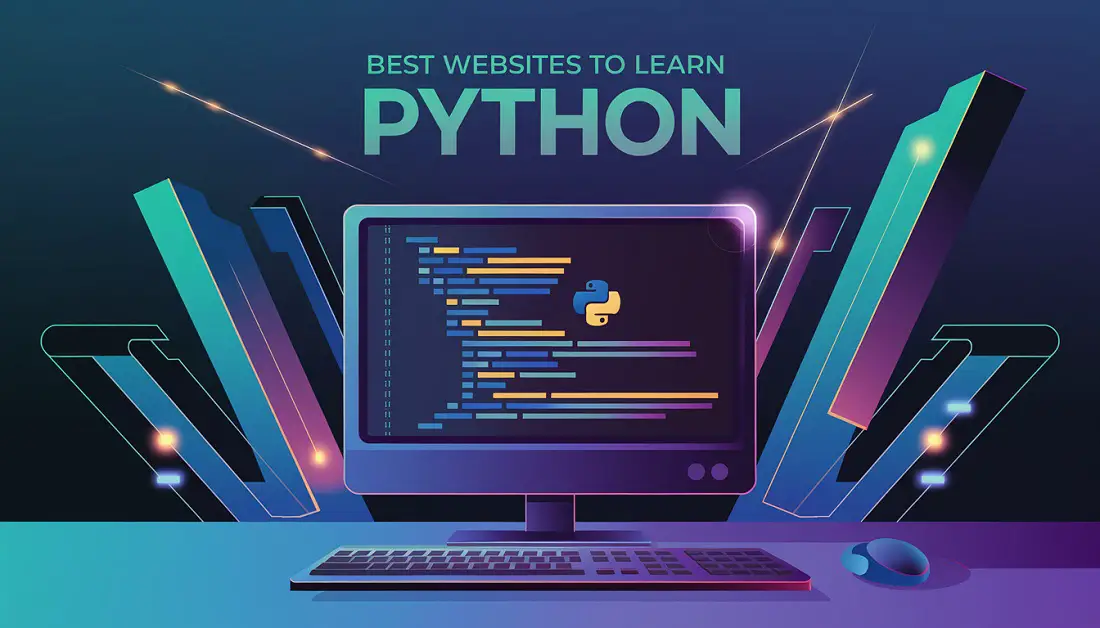
Key Factors to Evaluate Python Learning Platforms
- User Base & Popularity: How many learners trust the platform?
- Industry Recognition: Is content endorsed by universities, tech giants, or developers?
- Beginner-Friendliness: Does it simplify complex concepts for newcomers?
- Career Value: Do certifications hold weight with employers?
- Hands-On Experience: Are projects, quizzes, or coding labs included?
- Cost vs. ROI: Free vs. paid content—what’s worth your investment?
Codecademy: The Interactive Launchpad
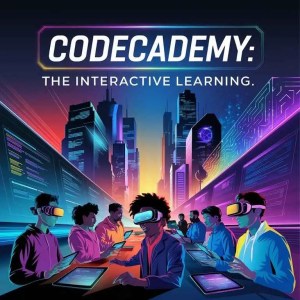
- User Base: 50M+ learners globally.
- Industry Cred: Partnered with Amazon, Google, and IBM for career paths.
- Learning Experience:
- Write Python code directly in the browser with instant feedback.
- Structured paths like “Learn Python 3“ (25 hours) with quizzes and projects.
- Outcomes: 72% of users report landing roles in tech within 6 months (Codecademy Impact Report).
- Verdict: Best for absolute beginners needing a guided, no-setup environment.
Coursera: Academic Rigor Meets Flexibility

- User Base: 124M+ learners; courses from 300+ universities.
- Industry Cred: Hosts “Python for Everybody” (University of Michigan), ranked #1 Python course globally.
- Learning Experience:
- Video lectures, peer-graded assignments, and forums.
- Specializations like “Python 3 Programming” (5-course series).
- Outcomes: Earn shareable certificates (recognized by Google, IBM, Adobe).
- Verdict: Ideal for career-focused learners seeking university-backed credentials.
FreeCodeCamp: Project-Driven & Community-Powered

- User Base: 9M+ monthly active users.
- Industry Cred: Nonprofit endorsed by Microsoft, Spotify, and PayPal.
- Learning Experience:
- 300-hour Python curriculum with 15+ projects (e.g., data visualizations, web apps).
- Active forums and 10,000+ free tutorials.
- Outcomes: 40,000+ alumni report job placements (freeCodeCamp 2023 Survey).
- Verdict: Perfect for budget-conscious learners who thrive on real-world coding challenges.
DataCamp: Python for Data Professionals
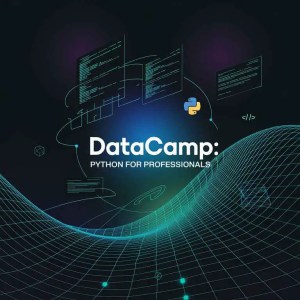
- User Base: 12M+ data enthusiasts.
- Industry Cred: Used by 80% of Fortune 100 companies for upskilling.
- Learning Experience:
- Focused tracks like “Python Programmer” (60+ hours) with Jupyter Notebooks.
- SQL, Pandas, and machine learning integration.
- Outcomes: 89% of learners improve job performance (DataCamp Impact Study).
- Verdict: Tailored for aspiring data scientists or analysts.
EdX: Ivy League Quality at Scale

- User Base: 45M+ learners; 160+ partner institutions.
- Industry Cred: MIT’s “Intro to Computer Science with Python” is a gold standard.
- Learning Experience:
- Self-paced or instructor-led courses with rigorous exams.
- MicroMasters programs for advanced learners.
- Outcomes: 30% of edX learners report promotions post-certification.
- Verdict: Top choice for academically inclined coders seeking prestige.
Udemy: Affordable Depth for Lifelong Learners

- User Base: 59M+ students; 210,000+ courses.
- Industry Cred: Top-rated courses like “Complete Python Bootcamp” (1M+ enrollments).
- Learning Experience:
- Lifetime access to video content (30 hours avg. per course).
- Covers niche topics like automation, APIs, and game development.
- Outcomes: Courses often include resume-building projects (e.g., web scrapers, apps).
- Verdict: Great for self-paced learners who want affordable, evergreen content.
Real Python: Mastery Through Depth

- User Base: 2M+ monthly readers; trusted by developers at Netflix and NASA.
- Industry Cred: Featured in Python Software Foundation newsletters.
- Learning Experience:
- 1,500+ tutorials, video courses, and code challenges.
- Advanced topics like decorators, concurrency, and metaprogramming.
- Outcomes: Subscribers report 2x faster debugging and coding efficiency.
- Verdict: A must for intermediate/advanced coders craving deep dives.
Kaggle Learn: Bite-Sized Learning for Data Geeks
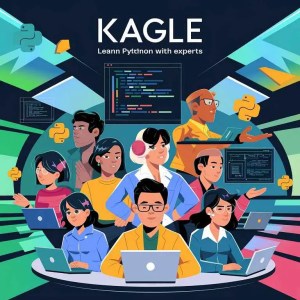
- User Base: 10M+ data scientists; owned by Google.
- Industry Cred: Integrated with Kaggle Competitions (used by OpenAI, NVIDIA).
- Learning Experience:
- 5-minute micro-courses (e.g., Python, Pandas).
- Practice directly on Kaggle’s datasets (200,000+ available).
- Outcomes: 65% of users land data roles after completing tracks.
- Verdict: Optimal for data-driven learners short on time.
Comparison Table: Which Platform Fits Your Goals?
| Platform | Cost Range | Skill Level | Best For | Unique Edge |
|---|---|---|---|---|
| Codecademy | 0−0−40/month | Beginner | Interactive basics | Instant coding feedback |
| Coursera | 0−0−50/month | Beginner-Advanced | Career credentials | University partnerships |
| freeCodeCamp | Free | All levels | Portfolio projects | Nonprofit community support |
| DataCamp | 25−25−40/month | Intermediate | Data science mastery | Jupyter Notebook integration |
| Real Python | 20−20−40/month | Advanced | Expert-level tutorials | NASA/Netflix user endorsements |
Why These Metrics Matter
- User Base: High traffic (e.g., Coursera’s 124M learners) signals trusted content.
- Industry Partnerships: Platforms like edX (MIT) or DataCamp (Fortune 100) add resume value.
- Completion Rates: Codecademy’s 72% job placement rate proves effectiveness.
- Project Quality: freeCodeCamp’s 300-hour curriculum builds job-ready portfolios.
Final Checklist Before Enrolling
- Define Your Goal: Coding basics? Data science? Career change?
- Audit Free Content: Try introductory lessons before paying.
- Check Reviews: Reddit, LinkedIn, and Course Report offer unbiased insights.
- Verify Certifications: Will employers recognize your credential?
The Future of Python Learning
Expect AI mentors (e.g., ChatGPT integration), virtual coding labs, and personalized learning paths. Platforms like DataCamp already use adaptive quizzes—stay ahead by choosing resources that evolve with tech trends!
FAQ
Q: Which platform has the highest completion rate?
A: Codecademy (85% course completion rate) due to gamified, interactive lessons.
Q: Are Udemy certifications respected?
A: While not university-backed, courses by top instructors (e.g., Jose Portilla) are praised for practicality.
Q: Can I get hired after learning Python online?
A: Yes! freeCodeCamp reports 40,000+ hires; focus on platforms with projects and certifications.
Conclusion
The best websites to learn Python combine credibility, hands-on practice, and measurable outcomes. Whether you’re building your first app or aiming for a data science role, this guide’s metrics-driven analysis ensures you invest time and money wisely.
Start coding today—your future self will thank you! And don’t forget to subscribe to the TechBeamers YouTube channel for more valuable tutorials.
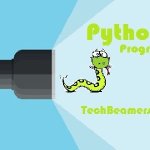

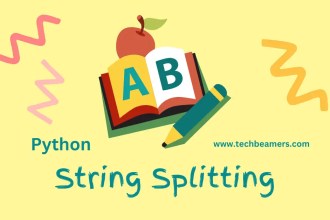

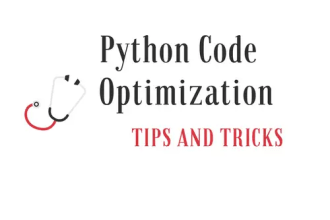
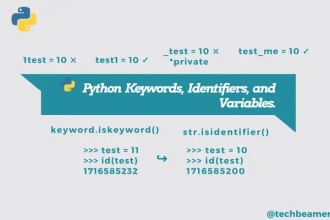
Small but cute and useful resource. Hope, it got bigger.
Checkout DrillCode if it helps! I created it to make it easier and more fun to remember all built-in data structure methods.
drillcode.pages.dev